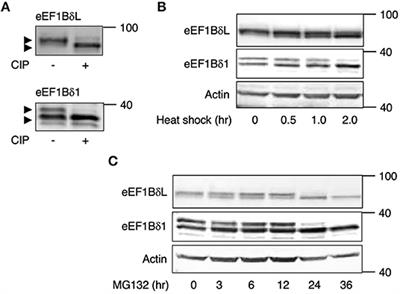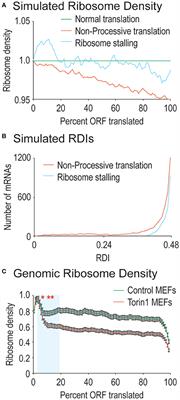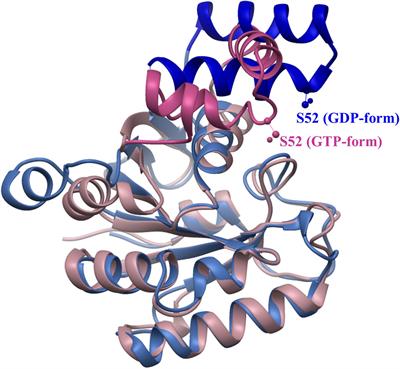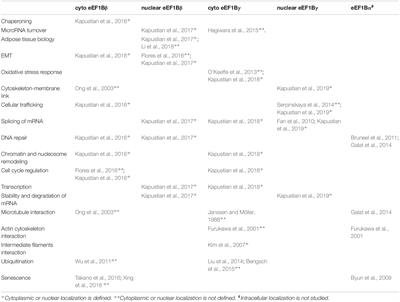ORIGINAL RESEARCH
Published on 14 Jan 2021
Heat Shock-Induced Dephosphorylation of Eukaryotic Elongation Factor 1BδL by Protein Phosphatase 1

doi 10.3389/fmolb.2020.598578
- 1,993 views
4,308
Total downloads
29k
Total views and downloads
ORIGINAL RESEARCH
Published on 14 Jan 2021

BRIEF RESEARCH REPORT
Published on 19 Jun 2020

MINI REVIEW
Published on 29 Apr 2020

MINI REVIEW
Published on 09 Apr 2020

OPINION
Published on 22 Jan 2020